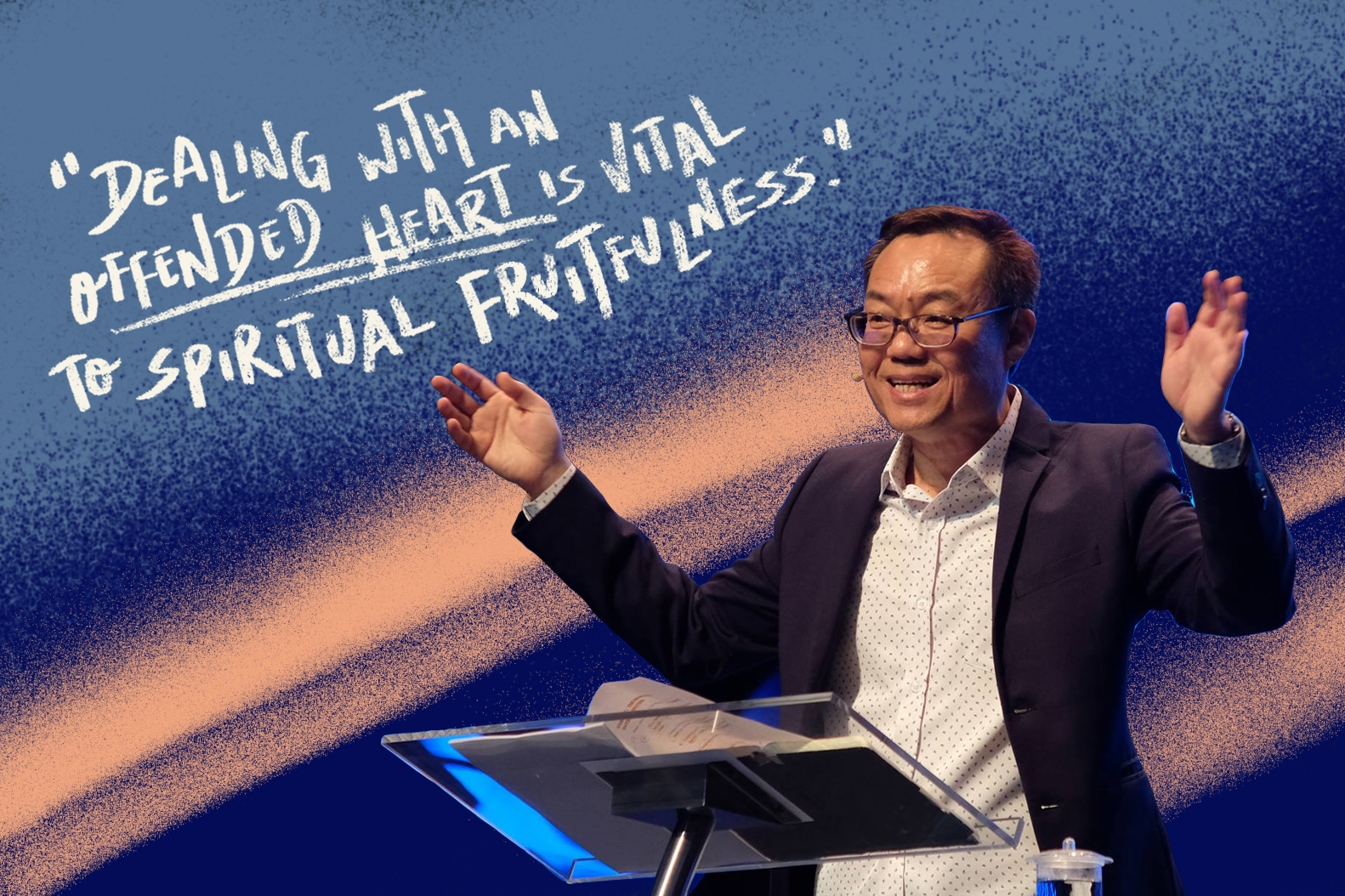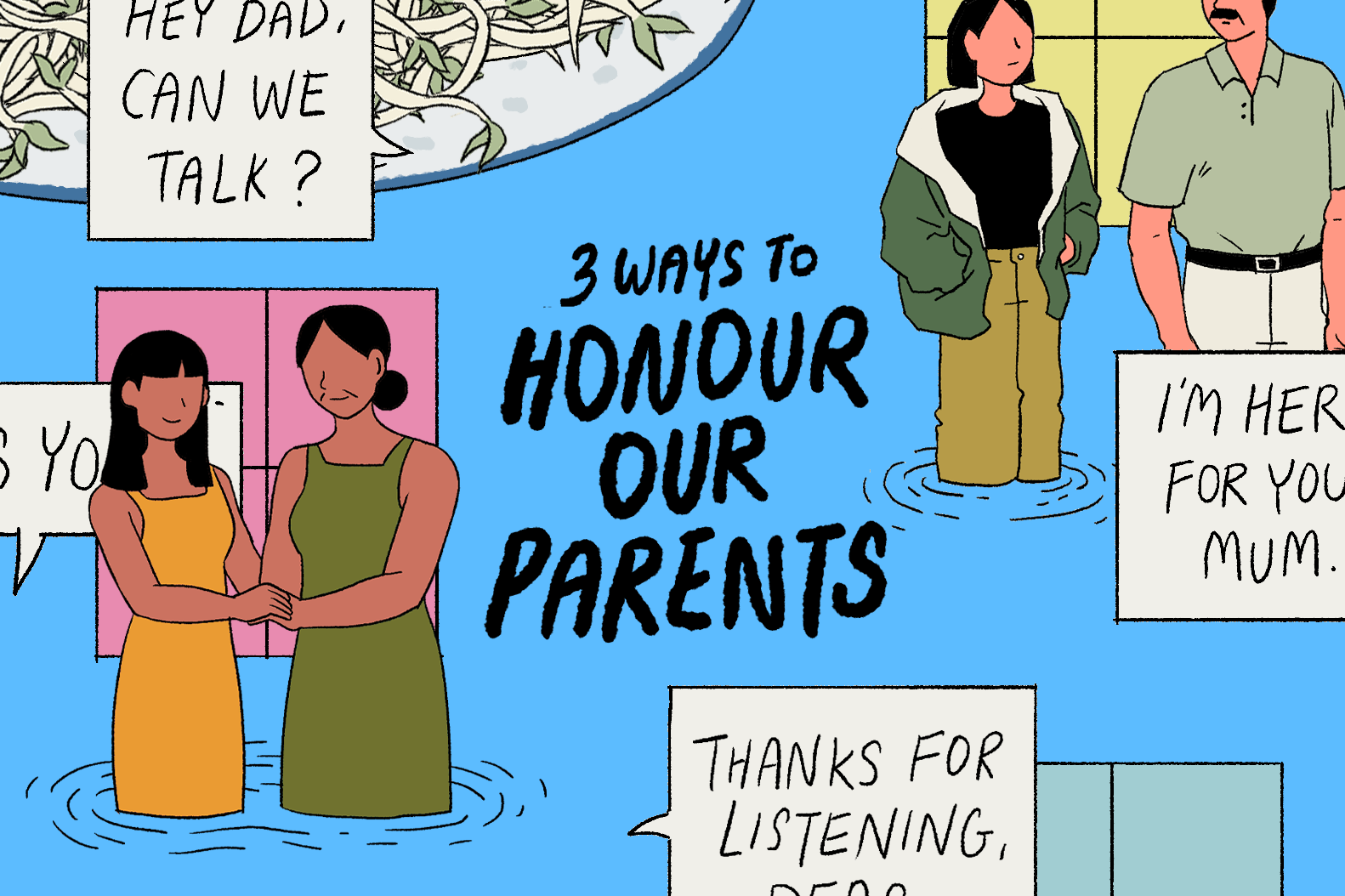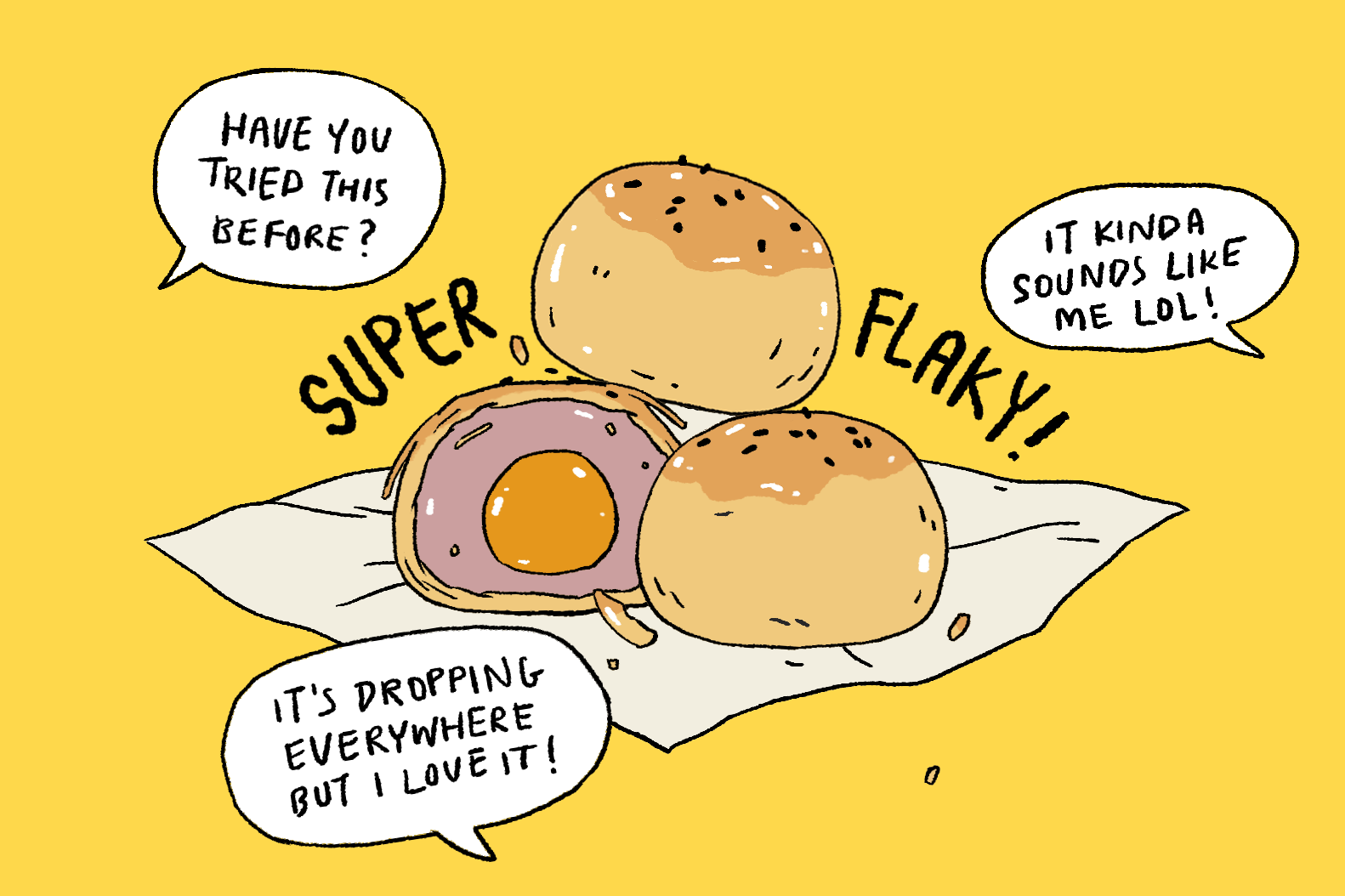It’s hard to lead a productive and fruitful Christian life if we’re trapped in offences. An offence occurs and takes root when we don’t process our hurts and wounds in a Christ-like way.
Dealing with an offended heart is vital to spiritual fruitfulness – once there’s an offence in the heart, we can’t be fruitful.
To live free from offences, look at these three things.
1. THE ATTACK OF OFFENCE
“Jesus said to his disciples: ‘Things that cause people to stumble are bound to come, but woe to anyone through whom they come.’” (Luke 17:1)
It’s inevitable that offences will happen. In the New Testament, this word skandalon – which refers to the part of a trap where a bait is place – is used to denote an entrapment used by the enemy.
And offences are something that Satan often uses to bring God’s people into captivity.
The truth is that people can be offended to a point where they fall away from their faith. People get so offended by leaders or situations that they literally leave the church.
People can fall into this trap so easily.
“At that time many will turn away from the faith and will betray and hate each other, and many false prophets will appear and deceive many people. Because of the increase of wickedness, the love of most will grow cold,” (Matthew 24:10-12)
In the end times, Satan will increase his level of intensity when it comes to attacking God’s people. If we allow offences to remain in our hearts, it can lead to serious spiritual consequences.
And you’ll find that the closer we are to someone, the deeper the offence can be.
I like how practical the psalmist is in Psalm 55:12-14:
“If an enemy were insulting me, I could endure it; if a foe were rising against me, I could hide. But it is you, a man like myself, my companion, my close friend, with whom I once enjoyed sweet fellowship at the house of God, as we walked about among the worshipers.”
Can we see what the psalmist is saying?
It hurts even more when a friend or a relative is the one who is inflicting the pain. It hurts even more when the one who offends you is the one whom you worship alongside with and have fellowship with – the offence goes even deeper.
An offence can happen once we’re disappointed, when expectations aren’t met.
The reality is we set ourselves up for offence when we hold certain expectations of behaviour for people we have close relationships with.
People are easily offended in church.
If you’re a Christian, how can you do that? If you’re a pastor, how can you say that? If you’re my leader, how can you behave like that?
An offence can happen once we’re disappointed, when expectations aren’t met. A wedge is driven between brothers, a crack happens in the relationship, a fracture takes place – then a barrier is erected.
No one ever stumbled over a boulder; we stumble over little stones.
People stumble over small things; a lot of offences are rooted in very small things. The devil knows that once there is a small crack in the wall of our relationships, he can come in to sow seeds of discord and weaken us from the inside.
And the next thing we know, we’ve lost our ability to produce fruit and we become barren. The attack of the enemy is called offence.
2. THE AFTER-EFFECTS OF OFFENCE
“A brother wronged is more unyielding than a fortified city; disputes are like the barred gates of a citadel.” (Proverbs 18:19)
Once an offence is taken, a wall comes up in the heart and we become unyielded inside.
It’s almost like no matter what good thing the other party does, we can no longer see it or receive it. I find that when we are offended with someone, we can no longer see their good points; everything we see is negative.
In Genesis 4, Cain was deeply offended after God rejected his offering and he became angry with his brother Abel whose offering God accepted.
In the end, his anger drove him to kill his own brother, bringing a curse upon Cain.
“The Lord said, “What have you done? Listen! Your brother’s blood cries out to me from the ground. Now you are under a curse and driven from the ground, which opened its mouth to receive your brother’s blood from your hand. When you work the ground, it will no longer yield its crops for you. You will be a restless wanderer on the earth.” (Genesis 4:10)
People wander because their land is barren. You become a wanderer when you’re always moving from one thing to another, one job to another, but still remaining barren.
Cain brought a curse upon himself because he was offended and committed bloodshed. In the same way, offended Christians cut ourselves off from the ability to produce fruit and we become barren.
An offended person is not fruitful; the soil of an offended heart is poisoned by bitterness and offence.
Such a person can still operate in the gifts of the Spirit but they have great difficulty manifesting the fruit of the Spirit; gifts are operated through faith but fruit is nurtured through intimacy.
When the heart has gone haywire, when the heart is not right, you’ll not find the fruit of character developing.
If we want to be fruitful, we’ve got to master our emotions and break free from the spirit of offence.
I’ve observed that there are many offended Christians who end up as restless wanderers who move from one church to another, unable to put down roots.
With Cain, he developed a persecuted complex after God told him what will happen. We know from his response:
“Cain said to the Lord, “My punishment is more than I can bear. Today you are driving me from the land, and I will be hidden from your presence; I will be a restless wanderer on the earth, and whoever finds me will kill me.” (Genesis 4:13-14)
In all that God said to Cain, was there any mention that people will kill him?
An offended person tends to have that mindset; everywhere they go they carry the same offence and they feel that everybody around is rejecting them and against them.
Over time, they begin to isolate themselves and build a wall around their heart to prevent themselves from being hurt again. The end result is a secluded, angry, offended spiritual wanderer who is unable to put down roots anywhere.
That’s not God’s desire for us!
His desire wasn’t to see Cain killed, but that he would master his emotions, overcome his offence and begin to break free.
“Then the Lord said to Cain, ‘Why are you angry? Why is your face downcast? If you do what is right, will you not be accepted? But if you do not do what is right, sin is crouching at your door; it desires to have you, but you must rule over it.'” (Genesis 4:6-7)
God knows that Cain’s heart was becoming offended, and when we’re offended, sin can come in.
Master your negative emotions, don’t let it eat you up. Deal with that offence or that unhappiness before it actually eats you.
God’s desire for us is that we learn how to master our negative emotions and not let it turn into offence. Because once it does, we can come into a place of barrenness.
“The righteous will flourish like a palm tree, they will grow like a cedar of Lebanon; planted in the house of the Lord, they will flourish in the courts of our God.” (Psalm 92:12-13)
You’ll notice that those who flourish are those who are planted in the house of God.
My challenge for us is this: If we want to be fruitful, we’ve got to master our emotions and break free from the spirit of offence.
3. THE ANTIDOTE TO OFFENCE
What do we do with offence, then? How do we break free from offence?
The key is to pursue reconciliation. Every offence is rooted in some fractured relationship, so we need reconciliation.
“Therefore, if you are offering your gift at the altar and there remember that your brother or sister has something against you, leave your gift there in front of the altar. First go and be reconciled to them; then come and offer your gift.” (Matthew 5:23-24)
The Lord knew that a lot of our discipleship is going to be rooted in the way we relate to one another.
We can never get ahead if we’re always trying to get even.
What’s radical about Jesus’ instruction to us is that the onus is on us to seek reconciliation, even if we may not be the offended party.
We may be “okay” with others but if someone is not “okay” with us, then as believers, we need to go and sort it out and make it right.
We can never get ahead if we’re always trying to get even; God is never more real to us than when we forgo the right to get even and choose to forgive instead.
Even when we’re not at fault and have every right to retaliate, let love enter the equation.
“Whoever would foster love covers over an offence, but whoever repeats the matter separates close friends.” (Proverbs 17:9)
We have to practise this. Many of us would have already heard this said before, but the question is: Will we do it?
This article was adapted from a sermon by Pastor Benny Ho titled “Living Free From Offence”, available on Spotify. Visit Arrows Resources for more audio and video content.
- What do you get easily offended by?
- Have there been any offences in church that you’ve found hard to let go of?
- Are there any fractured relationships that you need to rebuild today?










